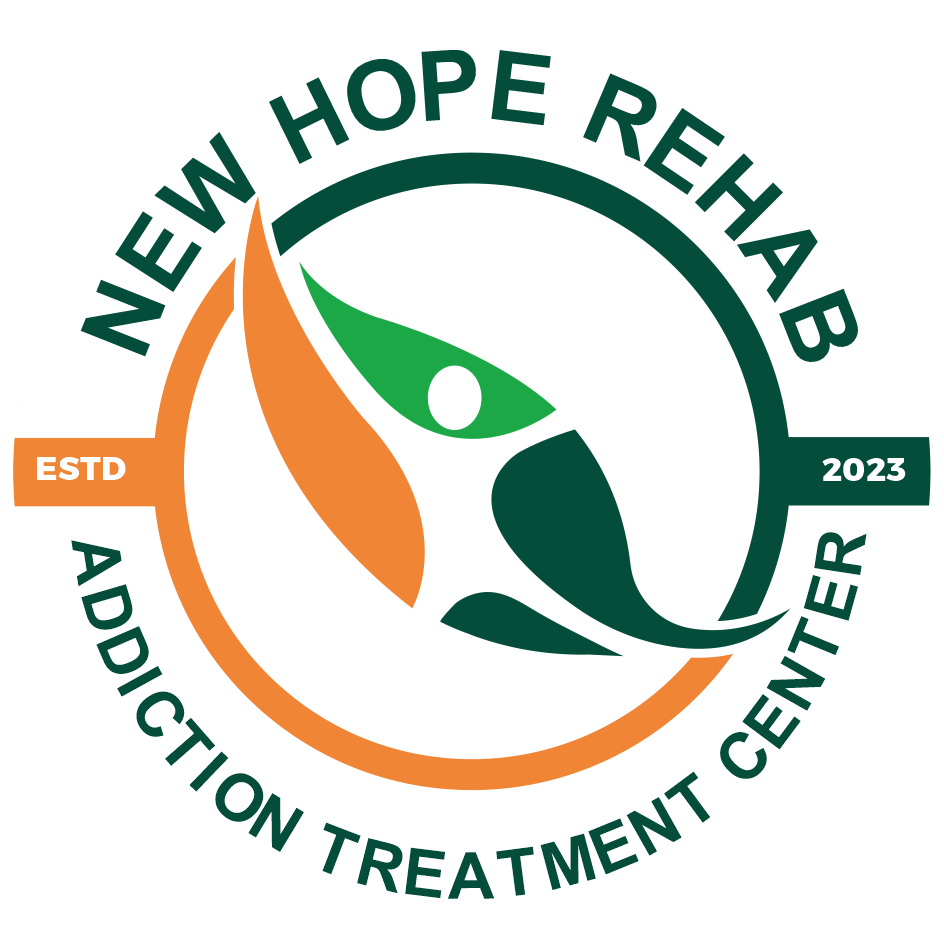Ecstasy Addiction
Ecstasy Addiction
Ecstasy addiction, also known as MDMA addiction or ecstasy use disorder, is a condition characterized by the compulsive use and dependence on MDMA (3,4-methylenedioxymethamphetamine), commonly referred to as ecstasy. MDMA is a synthetic drug that alters mood and perception, producing feelings of euphoria, emotional warmth, and increased sensory perception. It is often associated with use in social or party settings, but prolonged and excessive use can lead to addiction and various negative health consequences.
Addiction Potential: MDMA primarily affects the brain’s neurotransmitters, such as serotonin, dopamine, and norepinephrine, leading to the characteristic feelings of pleasure and emotional closeness. Regular and excessive use of ecstasy can lead to tolerance, physical dependence, and addiction, wherein the individual compulsively seeks and uses the drug despite negative consequences.
Health Consequences: Prolonged and heavy use of ecstasy can have severe physical and mental health effects. These may include dehydration, overheating, muscle breakdown, cardiac issues, impaired memory and cognitive function, mood disturbances, and anxiety. Ecstasy also affects the body’s ability to regulate temperature, leading to a potentially life-threatening condition called serotonin syndrome.
Signs and Symptoms: Symptoms of ecstasy addiction can vary, but common signs include an increasing need to use ecstasy to achieve the desired effects, unsuccessful attempts to quit or cut down on use, neglecting responsibilities and social relationships due to drug use, and continued use despite experiencing negative physical or psychological effects.
Polydrug Use: Ecstasy is often used in combination with other substances, which can compound the health risks and increase the potential for addiction. Combining ecstasy with other drugs, especially alcohol, can have unpredictable and dangerous effects on the body and mind.
Withdrawal: While ecstasy does not typically lead to intense physical withdrawal symptoms like opioids or alcohol, individuals dependent on the drug may experience psychological symptoms when attempting to quit, such as depression, irritability, anxiety, and fatigue.
Treatment Options: The treatment of ecstasy addiction usually involves behavioral therapies and support. Cognitive-behavioral therapy (CBT) and contingency management are commonly used to address the underlying issues related to addiction and develop coping strategies. Support groups and counseling can provide additional guidance and encouragement throughout the recovery process.
Harm Reduction: Harm reduction strategies aim to minimize the negative consequences of drug use without necessarily requiring immediate abstinence. These approaches may include providing education about the risks of ecstasy use, encouraging safer drug use practices, and offering access to medical and psychological support.
The Requirements :
If you or someone you know is struggling with ecstasy addiction, seeking professional help from healthcare providers, addiction specialists, or rehabilitation centers is crucial. Early intervention and comprehensive treatment can significantly improve the chances of successful recovery and a healthier life.
